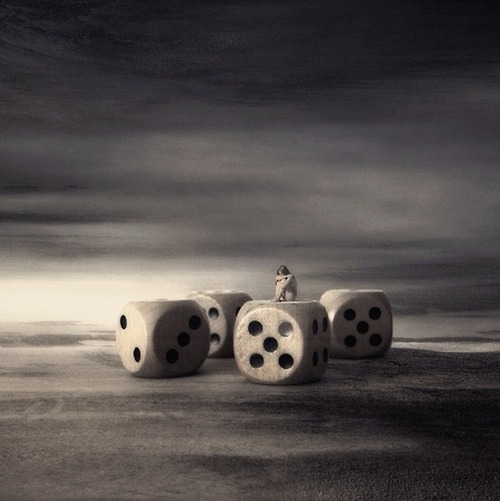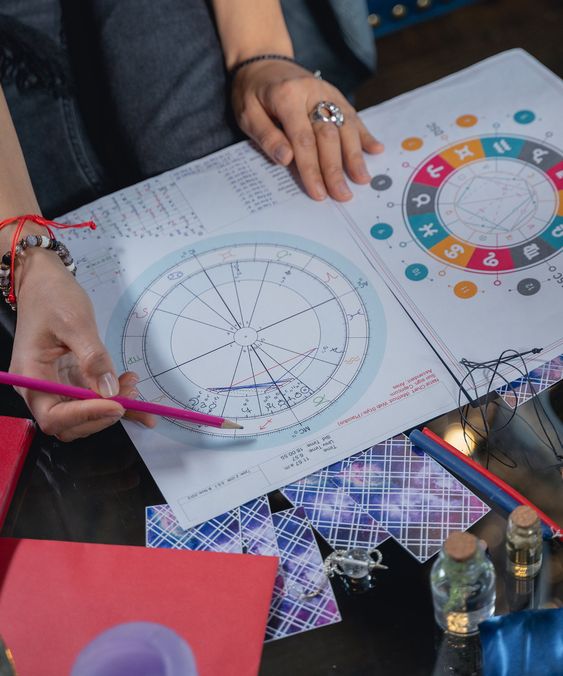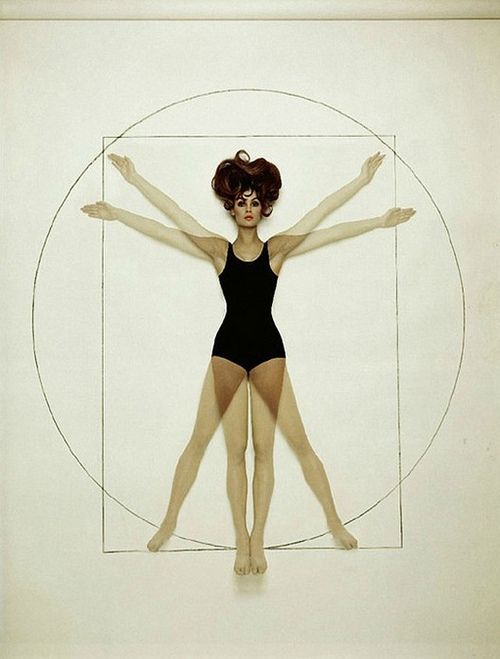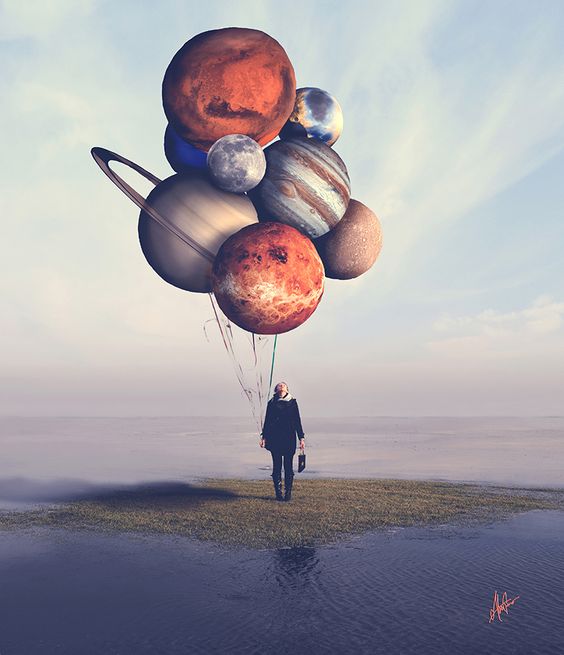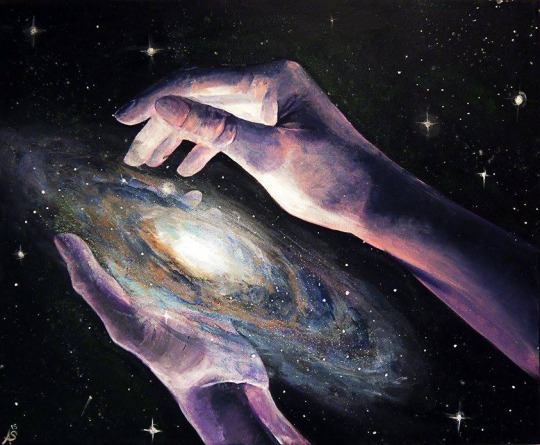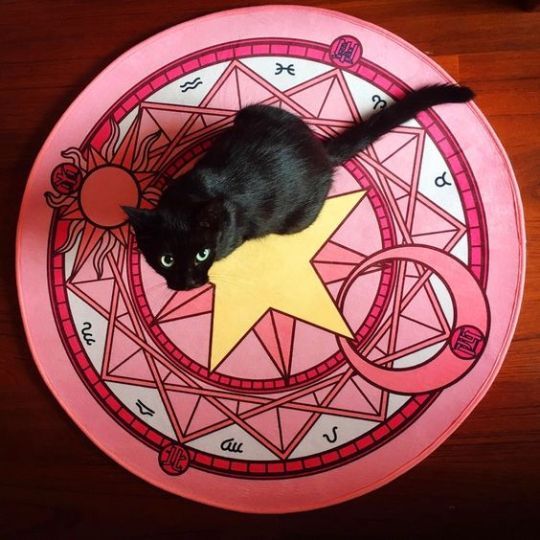 The intersection of astrology and psychology, as championed by Carl Jung and further developed by contemporary astrologers like Liz Greene, offers a fascinating lens through which individuals can gain greater self-awareness and insight into their own psyche. While it’s true that astrology provides descriptions of personality traits and tendencies, its real power lies in how it can illuminate the unconscious factors influencing our lives. Astrology can provide a framework for individuals to recognize and acknowledge their emotional tendencies and triggers. Instead of merely attributing emotional reactions to external circumstances, individuals can begin to understand that these reactions are often tied to deeper, unconscious psychological processes symbolized by the astrological aspects. This awareness is a powerful tool. It doesn’t necessarily prevent emotional reactions, but it provides individuals with the choice to respond differently.
The intersection of astrology and psychology, as championed by Carl Jung and further developed by contemporary astrologers like Liz Greene, offers a fascinating lens through which individuals can gain greater self-awareness and insight into their own psyche. While it’s true that astrology provides descriptions of personality traits and tendencies, its real power lies in how it can illuminate the unconscious factors influencing our lives. Astrology can provide a framework for individuals to recognize and acknowledge their emotional tendencies and triggers. Instead of merely attributing emotional reactions to external circumstances, individuals can begin to understand that these reactions are often tied to deeper, unconscious psychological processes symbolized by the astrological aspects. This awareness is a powerful tool. It doesn’t necessarily prevent emotional reactions, but it provides individuals with the choice to respond differently.
Furthermore, astrology and psychology encourage individuals to explore their inner worlds more deeply. By delving into their horoscopic charts and engaging in self-reflection, individuals can uncover hidden motivations, fears, and desires that shape their behavior. This process allows them to take the “driver’s seat” of their emotional life. Astrology and psychology are tools for personal growth and self-empowerment. They don’t offer magic solutions to life’s challenges, but they provide individuals with a roadmap to explore their inner landscapes. With this understanding, individuals can make conscious choices about their behavior, reactions, and emotional responses. While astrology may not eliminate emotional volatility overnight, it offers a path toward greater self-mastery and a more fulfilling, conscious life.
Astrology is about living, here and now, in the twentieth century, and we are in for a fairly long wait before the people who reject the subject out of hand open their eyes and ears and allow their stiffened egos to lower the barrier and simply ‘listen.’ The ones who have already decided that it doesn’t ‘work’ are the ones who refuse to look beyond their noses to what is happening in and around them, the situations for which they are responsible, the people they attract and the messes they create through continually blaming others. All of the myriad forms that life constitutes can be found lurking somewhere on the birth chart, under the skin of the individual himself. Both depth psychology and its older sister astrology point to the real selves trying to get out and finally see the light of day…Jung’s work is a useful companion to horoscopic interpretation in that the fundamentals are very much the same, only its language is different. Depth psychology and astrology ought to be used in cooperation with one another when looking at charts because it is obvious that they complement one another. Jungian Birth Charts
Astrology has a certain mystique that draws people in, and it can be a fascinating tool for self-discovery and personal growth. As individuals age and accumulate life experiences, they often find that their astrological charts become more resonant and reflective of their inner complexities. This deepening connection to one’s astrological profile can lead to a greater understanding of oneself and a broader perspective on life. The concept of becoming our charts more as we age is aligned with Carl Jung’s idea of the drive toward self-perfection and personal growth. Jung believed that individuals are inherently driven to explore and integrate all aspects of their psyche, both conscious and unconscious. This drive motivates us to confront and work through the various challenges and conflicts that arise in our lives.
As we evolve and mature, we uncover new layers of ourselves, discover latent talents, and confront unresolved issues. Astrology can be a valuable tool for mapping this journey of self-discovery. It provides a symbolic language through which we can explore the different facets of our personality, our strengths, weaknesses, and the struggles we encounter along the way. Each aspect, planet, and placement in our astrological chart can offer insights into these aspects of our evolving self. Jung’s concept of self-perfection resonates with the idea that, as humans, we are continually evolving and working on various aspects of our psyche. This process is ongoing, and astrology can serve as a tool for self-reflection and self-improvement. It encourages individuals to view life from different angles, consider their strengths and challenges, and work toward a more integrated and harmonious self.
In this lifelong journey of self-discovery and growth, astrology can provide guidance and a deeper understanding of the patterns and themes that shape our lives. It’s a tool that helps us navigate the complexities of our psyche, ultimately contributing to our ongoing personal evolution. So, in many ways, astrology complements Jung’s perspective on the drive toward self-perfection and serves as a means of better understanding and working with the ever-evolving nature of our inner selves.
The potential of the average person is like a huge ocean unsailed, a new continent unexplored, a world of possibilities waiting to be released and channeled toward some great good. Brian Tracy




